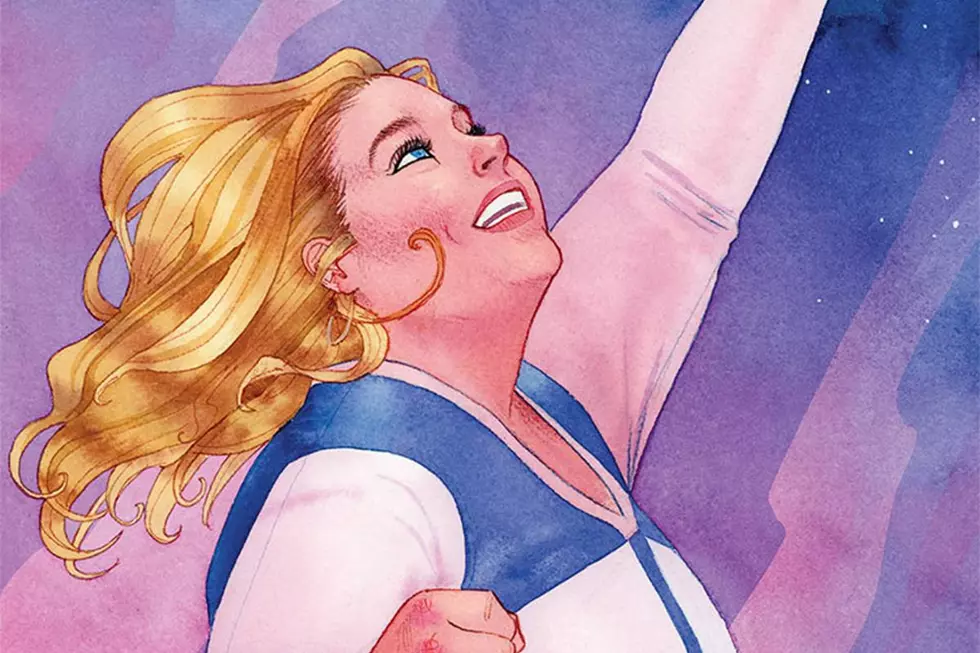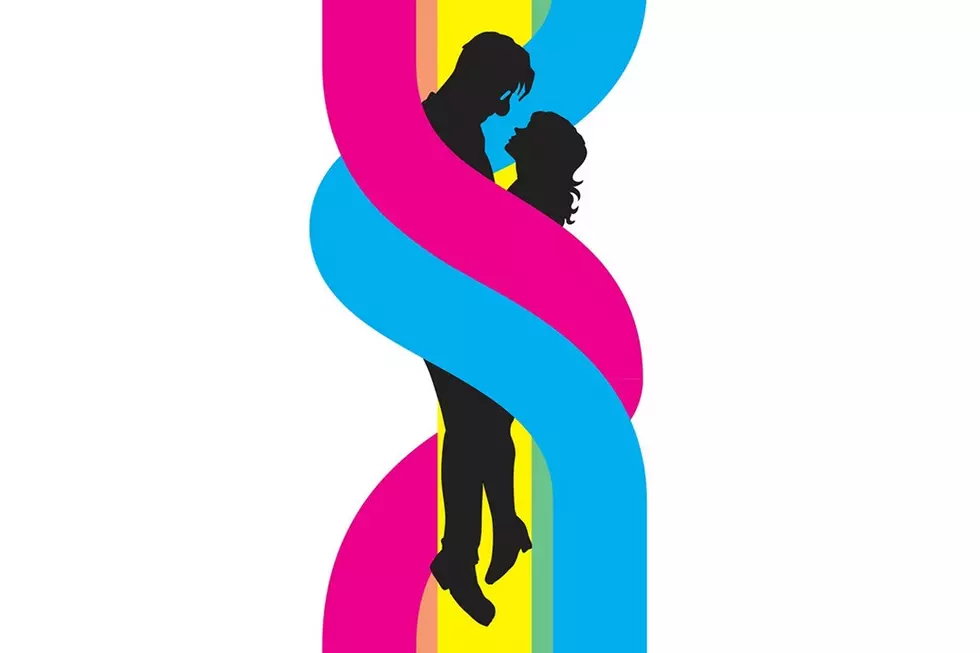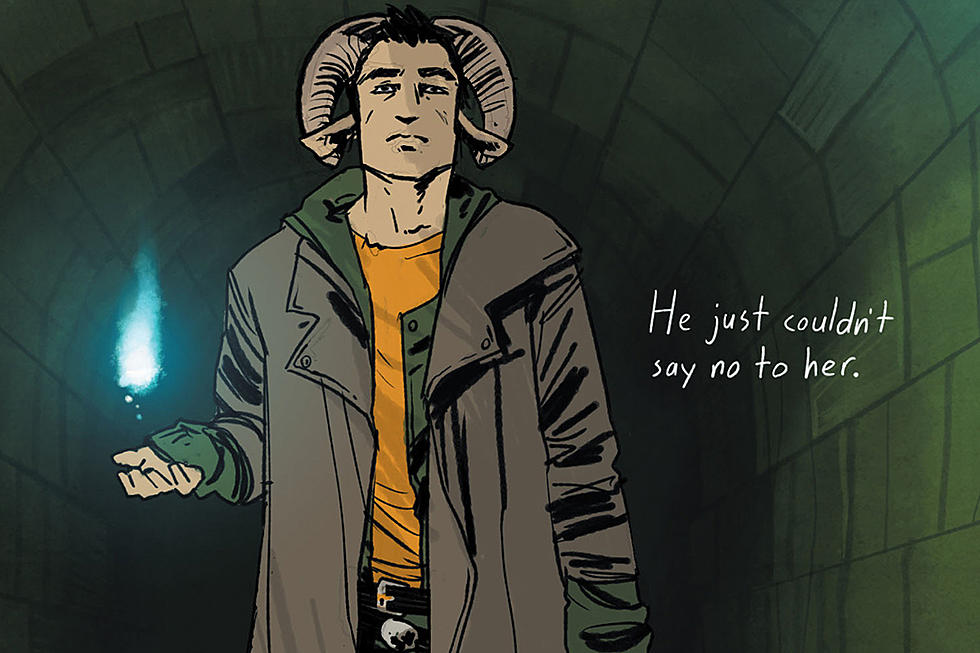
Image At 25: How ‘Invincible’ Opened The Gates To A World Of Indie Comics
There are some --- probably most, if you think about it --- comic book readers who just don't read independent comics, and ten years ago, I was one of them. However, while DC Comics was reeling from its Infinite Crisis and the heroes of the Marvel Universe were embroiled in a Civil War, Robert Kirkman, Cory Walker and Ryan Ottley's Invincible shone like a beacon from across a distant sea, beckoning me to, for god's sake, read an indie comic.
In late 2006, I wasn't reading comics regularly but the stuff that caught my eye was stuff that could be described, generously, as "new". I was really into Toxin and The Sentry back then. I eventually started buying comics monthly, after I fell down a wiki-hole and heard about how Captain America and Iron Man were fighting each other, and Spider-Man had told everyone he was Peter Parker, and at that point, superhero comics had fully got their hooks into me.
It wasn't quite the early days of comics blogging and online fandom, but it felt like it was, and I navigated the forums on Marvel.com and other sites. I don't remember where I heard it, but an elevator pitch caught my attention: "What if Spider-Man was Superman?" Back then, I didn't particularly want "new" like I thought I did; I wanted re-interpretations within a context that I understood, and that's why the comic produced by that pitch, Invincible, appealed so much to me.
In Invincible, Mark Grayson was a normal teenager, just like me! Except, one day his Viltrumite DNA inherited from his alien father kicked in and he got super-powers. The sudden onset of powers and the idea that there's something about you that makes you special just waiting to be unlocked is something that's appealed to me since I was about five. Back then, it was why I loved the X-Men; later Harry Potter; and as I stepped out into adulthood, Invincible.
Invincible hooked me in with its slice-of-life suburban superheroics, but it was in the thirteenth issue that it proved what kind of comic it was, as Mark Grayson's father Nolan, AKA Omni-Man, massacred his team-mates in the Guardians of the Globe and was exposed as the first wave of an eventual alien invasion. Mark and his father fought bloodily around the world, and when it was all over the characters were all asking the same thing I was: Where the heck do we go from here?
I kept with Invincible through the years, and as I grew up in and out of college, in and out of relationships, the book mirrored that growth, only with men who turn into giant dinosaur monsters when they experience apathy. If there's one thing you can say about Robert Kirkman's work, it's that it doesn't stand still. If you look at the status quo present in modern day Invincible and The Walking Dead compared to ten years ago, you can see the effects of those ten years of decisions and consequences.
The most revolutionary thing to me about Invincible wasn't just its stories --- as good as they were --- it was the fact that it wasn't published by Marvel or DC, and it opened my eyes to a much wider world of Western comics. Invincible turned me onto The Walking Dead, and from there I started to explore what else Image Comics had to offer. This would have been early 2007, so I started reading Casanova and Phonogram, and I kept an eye out on what else Image had coming up so that I could get a jump on a new #1. Remember Proof and Firebreather? I do, and I loved them.
Invincible changed the way I looked at comics and the comic book industry forever. It allowed me to expand my horizons beyond the franchise superheroes of the Big Two, and explore comics in a more experimental aren. In hindsight, it might not be the most daring concept to ever be put to the page, but it was what I needed when I needed it.
More From ComicsAlliance



![Image To Add 25 Complete And Ongoing Series To Comixology Unlimited [Exclusive]](http://townsquare.media/site/622/files/2017/02/Image-Featured1.png?w=980&q=75)





